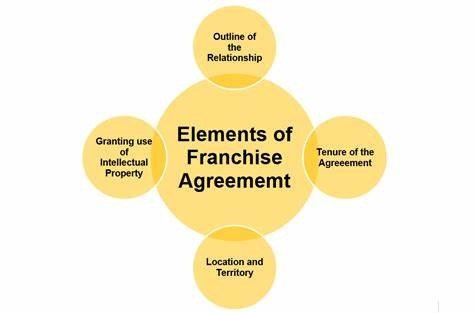
26
Feb
Understanding the Structure: Elements of Franchise Agreements in Sustainable Hotels
In the hospitality industry, selecting a hotel brand and manager are critical decisions that significantly impact occupancy, rates, and the overall value of a hotel. The dominance of brand power in the industry has led to an increased use of franchise agreements.
The Role of Franchise Agreements
Franchise agreements serve as licenses between hotel owners and brands, setting forth obligations in return for fees. These agreements provide owners with access to brand marketing and reservations power, facilitate financing, and allow for greater operational control. For franchisors, these agreements can expand their brand presence without substantial investment, save money and time, and eliminate fiduciary duties and liabilities.
Despite being drafted by brand companies and largely one-sided, hotel owners often sign such agreements due to the benefits conferred by the right brand. The negotiation of these agreements is typically less detailed than management agreements; however, certain aspects such as fees, unique hotel characteristics, property improvement plans, territorial restrictions, termination terms can be negotiated.
Key Components of Franchise Agreements
Key material terms in franchise agreements include:
- 1.Fee structure
- 2.Term length
- 3.Owner responsibilities
- 4.Brand responsibilities
- 5.Brand standards
- 6.Brand marks and IP rights
- 7.Indemnification terms
- 8.Restriction on transfers and changes in ownership
- 9.Net worth requirements or personal guaranty
- 10.Renovation requirements
- 11.Events requiring brand approval
- 12.Inspection rights and quality assurance programs
- 13.Rights of first refusal
While few legal terms in these agreements are open to negotiation, owners can negotiate on key items such as key money (in development deals), areas of protection (in development deals), royalty fee “ramp-ups” (in development deals), special termination rights for failing to obtain financing (in development deals), deleting the brand’s rights of first refusal and construction commencement date and opening date (in development deals).
The ability to negotiate these terms depends on the owner’s leverage and knowledge of the issues at hand. Therefore, it is recommended that hotel owners involve legal counsel early in the process to optimize results and avoid potential pitfalls when negotiating a franchise agreement.
In comparison to franchise agreements, hotel management agreements provide more leverage for owners and typically cover a broader range of issues including term length, fees, alignment of interests, limitations on manager authority among others.
Conclusion
Understanding the structure and elements of franchise agreements is crucial for sustainable hotels aiming to leverage the power of established brands in the industry. By involving experienced hospitality attorneys or consultants early in the process, hotel owners can enhance their negotiating power while ensuring their interests are safeguarded. Look no further than Roseline Partners to help guide you through inner workings and to negotiate the optimal franchise agreement for your future success. Call or contact Roseline Partners to set up an appointment today.